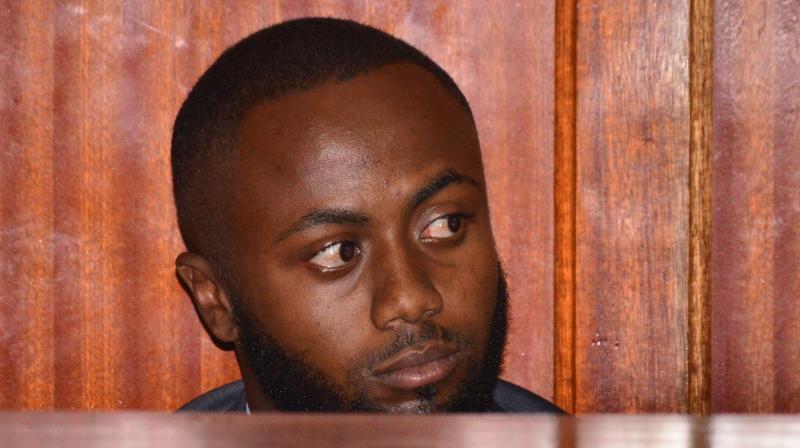×
The Standard e-Paper
Stay Informed, Even Offline

Joseph Irungu, alias Jowie, the main suspect in the murder of businesswoman Monica Kimani, has been released after spending 18 months in custody.
Yesterday, High Court judge James Wakiaga ruled that there were no longer compelling reasons to continue keeping Irungu (pictured) in prison, and granted him a cash bail of Sh2 million.